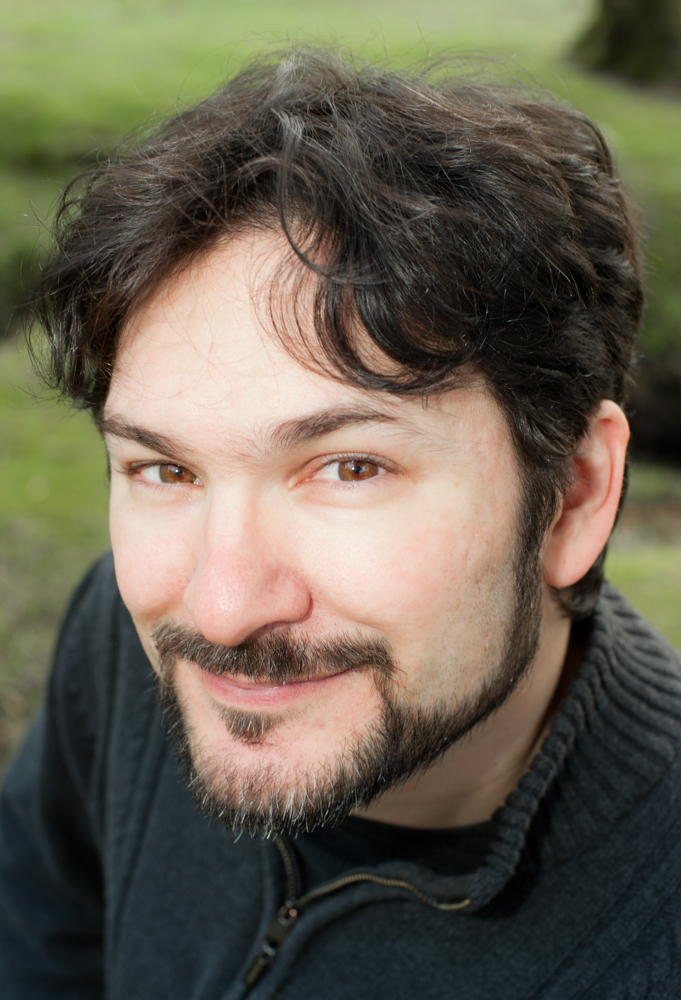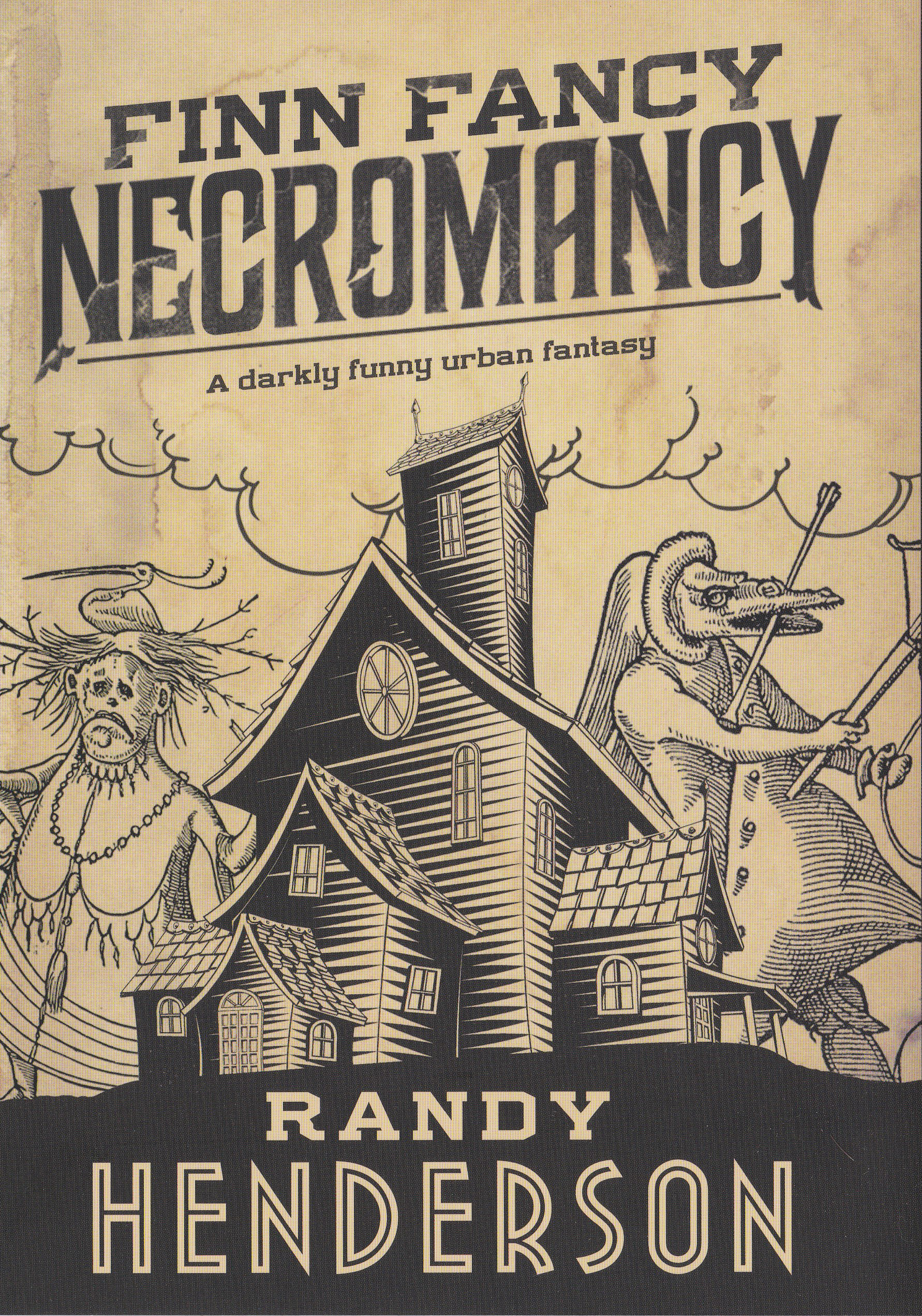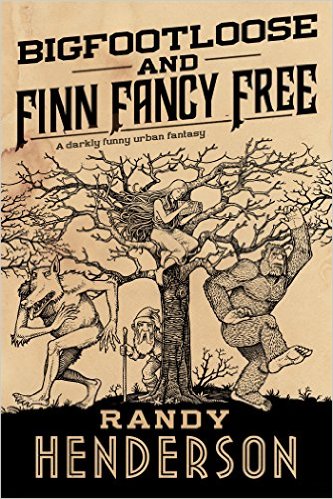I found myself in a number of conversations at WorldCon where persons were seeking my advice or thoughts on their writing, or seeking advice of a group in which I sat, and would say some variation on:
“People seem to have a problem with me calling it Warrior Wanda the Space Slut. But I mean slut in a positive or ironic way, because she is a powerful woman so she can have sex with whoever she likes.”
Or
“I have a pretty graphic rape scene in my novel, but if I didn’t have it she wouldn’t have that motivation to get stronger from it and learn to fight that is so important in my story.”
These persons were clearly seeking someone to say, yes, that is okay.
And I engaged in these conversations in a calm, friendly, positive way.
Why?
Because I have the privilege to do so.
By this, I do not mean the honor, though really it is an honor to be asked my opinion on anything. Rather, I mean that had such questions been asked of someone who identifies as female, for example, such questions would have been understandably offensive and anger-inducing, and made the person feel unsafe, along with a host of other reactions.
I’m not saying I found the questions pleasant and encouraging, but I recognize that my con experience as a cis white male who presents as het is entirely different from that of anyone who is other than that.
So while I cringed internally, I did not walk away, or mock these persons then, or later with my friends. I gave them a clear but disgust-free expression of “Oooooo, I wouldn’t do that,” and proceeded to lay out in positive terms how they could improve their stories, and their chances of reaching a broader audience.
Here is an example of the types of thing I try to say in these cases, with the goal not being to score points or put him in his place, but to help guide the writer in the right direction where they will hopefully learn for themselves in time what cannot be forced into their understanding in a single argument (And to be clear, I am not in any way saying there are not other approaches, or that outright anger is in any way not a valid response for others to have):
***
“People seem to have a problem with me calling it Warrior Wanda the Space Slut. Do you think that will be a problem? It is meant to be funny, not offensive.”
“Well, first, I think the fact that you are asking about putting “slut” in the title says you recognize that it’s likely to offend at least half of the planet’s population. I can’t tell you what is right or wrong for you, but just for me, personally, I don’t like to put things out in the world that might possibly create pain, or make someone feel like they are being made fun of or attacked, even by accident. Especially when I have a choice. And that means learning to look at these things from different points of view and understanding how others would react. And when I think what I wrote is going to be hurtful to others, I have found that there is usually an even better way to write it that won’t be hurtful. You seem to have a good gut if it is telling you this might not be a good idea. Trust it.”
“But it’s just a joke. I mean slut in a positive or ironic way, because she is a powerful woman so she can have sex with whoever she likes. If they read the book, they will get that.”
“I hear you, that you are in a way trying to take back the power of that word and make it positive, but I just don’t know if that is something you or I could do as men. And I definitely don’t think you can do that in a title, without context. Not just for reasons of respect and to avoid offending people, as I don’t think this is a case of art offending people toward a positive purpose. But rather, remember there is the practical side as well. Why use a term that is likely to offend women? Women are AT LEAST half of your potential readership. Why shoot yourself in the foot like that, and lose half your sales? Even if you have a strong female character develop in the story, most female readers won’t get past the title to find that out. And understanding the reason she wouldn’t get past the title and avoiding that will only help you be a better writer.”
“Well, I do have a pretty graphic rape scene in my novel, but that is what gets her to fight and become a warrior.”
“Hmmm. I think it is great that you are consciously working to write strong female characters. But I would caution against using rape and abuse as a motivator for a couple of reasons.
First, it is used way too often for this very purpose, and often not done well. Yes, part of the reason for this is unfortunately because rape and abuse are so prevalent and part of so many people’s story, so it’s a trauma that leaps to mind easily. But that is another reason NOT to use it: it is a real and present problem for so many women and men, so unless your story is specifically about rape and its real impacts, I would find some other traumatic event to give your character their psychic wounds.
And again, why choose to put something in your story that may cause a large percentage of your readers to just stop reading?”
“But if I cut out the rape scene she wouldn’t have that motivation to get stronger from it and learn to fight that is so important in my story.”
“From a writing craft perspective, I think the best character motivations come from deeper internal wounds, wounds that are the result of more deeply ingrained doubts and fears such as from an entire childhood of mental or emotional or economic or religious abuse. Again, something other than sexual abuse unless your story is specifically about the wounds that causes.
In fact, the strongest character arcs are the ones where they change something about themselves, overcome those internal fears and doubts that are holding them back or making them act poorly. Your character cannot change the past unless they are a time traveler. And they cannot be certain of changing others, or the way others perceive them. They can only change how they perceive themselves, and what their wants and goals are, and that is a more powerful journey. It requires a bit more thought and work to develop their motives, but it also gives you a much deeper and richer conflict to work with, and will give you a better story that more people will read and love.
It’s like what you hear about writing endings all the time: don’t go with your first or even second choice, since that might be too obvious and overused and it will be more powerful, and original.”
***
I have had, generally, positive results from such conversations.
Is that person going to run off and write amazing, enlightened, diverse fiction right away? Not necessarily. But they’ve had validation that that uncomfortable feeling in their gut is there for a reason, as well as some practical reasons and ways to change. It is helping to put them on a path toward stronger, better stories.
We are taught as writers to guide our characters through the story with a series of rewards and punishments so they can grow toward the hero they need to be. This is not so different, offering encouragement toward positive change.
Now, I did not come to such understandings myself naturally, as a wee lad, enlightenment striking me like a beam of sunshine. I grew up reading fantasy voraciously, but as a white male I was fairly unaware that all these novels filled with predominantly male heroes and white casts (at least as the “good” race) were lacking in so many ways. They fit my experience.
I did have the benefit of growing up in a largely African American neighborhood, and attending a performing arts high school with very open explorations and expressions of gender identity and sexual orientation (though I was also raised hardcore Nazarene/ Baptist Christian, which tended to intentionally “shelter” me or layered their values over everything). And I did tend to gravitate towards fantasy stories with female protagonists both in my reading and writing, and voraciously consumed Lackey’s Herald novels, for example.
I think these experiences primed me to be more open to the issues in genre fiction than someone raised in different environments, or perhaps someone who read strictly SciFi with male protagonists.
Yet even with all of that, I did not have any kind of conscious understanding of the issues in genre fiction, of my privilege or how it blinded me to other experiences, or of the need to consciously challenge my own first choices and assumptions and tropes when writing, until 2007.
In 2007 I began to engage with the Fantasy Magazine Blog for a Beer weekly event and I started to see people talking about the problems of racism and sexism, of exclusion and inequality in this genre I loved. The person running the blog? K Tempest Bradford. And a regular contributor was this emerging writer named Nora Jemisin. They both helped to burst my blissful little bubble of privilege in the best possible way, for which I am continually grateful. I still cringe when I think of my part in some of those early conversations, but, just as I cringe when I read my high school poetry, it is rewarding to feel I have grown since then.
Certainly, I continue to make mistakes, and I’m sure I will continue to make writing choices that reflect ignorance of other experiences that my various privileges make me blind to despite my best efforts.
But because I do have these privileges, it perhaps makes it easier for me in some cases to talk to persons still learning these same things, I may feel safer doing so, than for someone who is more directly affected by the mistakes being made. Granted, I am speaking from a position of less experience and personal knowledge than others, so that is the down side. But that is not a reason to remain silent.
It would be easy enough to only friend and follow people of like mind on the FaceTweets, and if I were a woman, and/or person of color, and/or trans or any other than I am who had to read many of the things said online, I’m positive I would reach a point where my blood would boil out of my eye sockets and splash down onto the Unfriend and Block buttons so fast it would defy the laws of physics.
But I have a secondary privilege conferred on me by my other privileges, and that is emotional distance from trollish, hateful or uninformed comments. This is not to say they do not make me angry or sad, but rather that I do not feel as personally threatened as others might, and do not feel the cumulative weight of a lifetime of such comments already on my back, the pain compounded and my patience long eroded.
So while it is not always pleasant, and never my first choice of how to spend my time, I do try to stop and take the time to engage in such conversations, careful to keep it positive and reasoned and constructive, keeping my faith in the fundamental sparks of compassion and desire to be heard and appreciated that is in each of us.
Not everyone listens.
But I look forward to continuing the journey of growth as writers and compassionate reasoned human beings with those who do.












Noice!